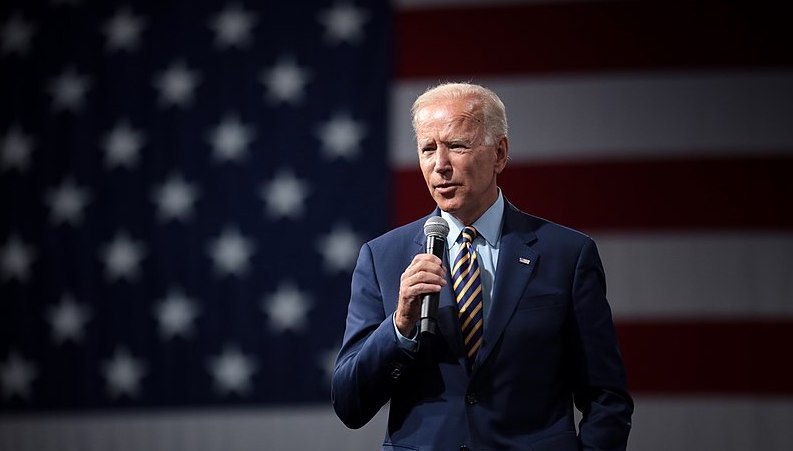HANetf said it will launch the Future of Defence UCITS ETF (NATO) on the London Stock Exchange and Deustche Börse XETRA on 4th July
The fund will track the EQM Future of Defence Index and seeks to provide exposure to global companies generating revenues from NATO and NATO ally (NATO+) defence and cyber defence spending.
HANetf said the product will use a passive, rules-based approach to invest in companies that derive more than 50% of their revenues from the manufacture and development of military aircraft and defence equipment, or have business operations in cyber security contracted with a NATO+ member country.
The maximum exposure for a single country is 50%, which means non-U.S., NATO+ headquartered companies will have meaningful weight in the portfolio and the portfolio will be diversified geographically.
The firm said that in a recent survey of wealth managers it had conducted, 78% reported that geopolitics had become more important when engaging in fund selection over the past year.
Hector McNeil, founder and co-CEO of HANetf, said: “Whether it’s the ongoing war in Ukraine or the growing risk of conflict over Taiwan or the South China Sea, it is clear the world is becoming a riskier place. The post-Cold War world is over – and governments around the world are recognising this.
“After years of underspending, NATO members in Europe are finally taking their share of defence spending seriously. Poland, for example, is now aiming to spend 4% of its GDP on defence and potentially build the largest land army in Europe.
“But it is not just spending on tanks and missiles. Cyberspace is now a new domain of warfare, which it has clearly been since both the 2014 and 2022 Russian invasions of Ukraine, which saw the latter relentlessly targeted by state-sponsored cyber-attacks.
“That is why we are launching the Future of Defence UCITS ETF (NATO), which will provide investors with a means of accessing the companies that will be poised to benefit from increased spending by NATO and NATO+ allies on both military hardware and cyber defence,” McNeil continued.
“Defence related funds exist but they tend to be industrials heavy and not focused on NATO and its allies which, by definition, is a defensive alliance and not an aggressor. NATO is a unique ETF on this basis.”







